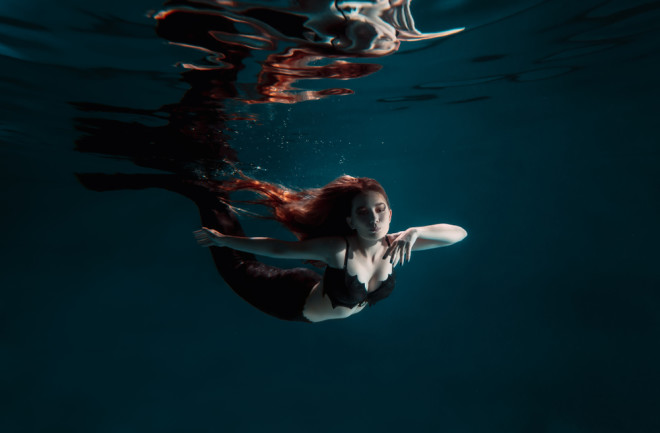Whether you grew up with Hans Christan Anderson fairy tales or watched Peter Pan, Pirates of the Caribbean and Harry Potter, you’ve probably heard of mermaid legends. There isn’t much evidence, except for speculation, that mermaids existed. However, these legends can be found all over the world.
Some believe that aquatic mammals such as manatees and dugongs inspired mermaid legends. There is even an account from Christopher Columbus saying that members of his crew had spotted “mermaids” — though they were ugly and seemed more masculine than the mermaids in legends.

